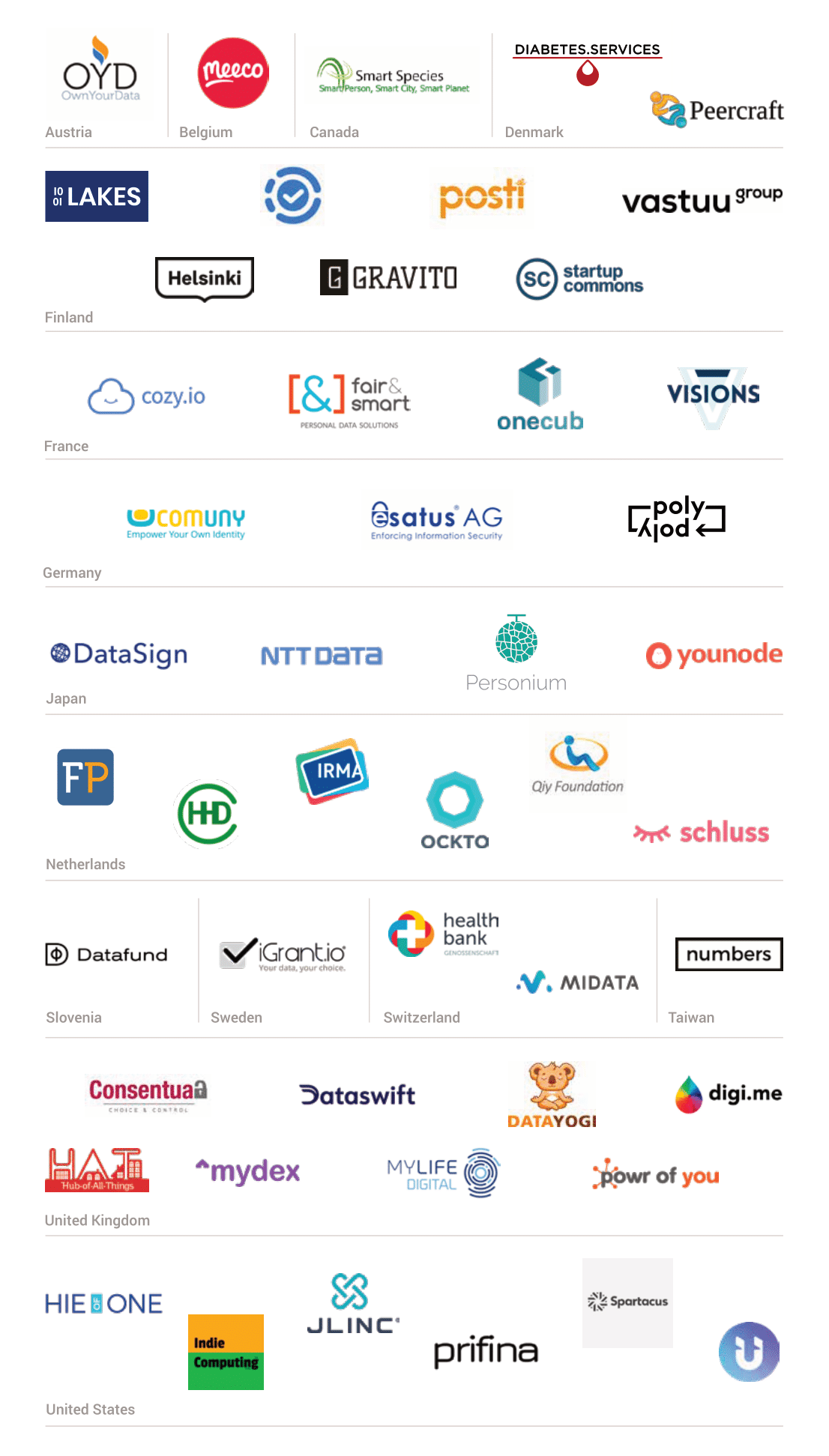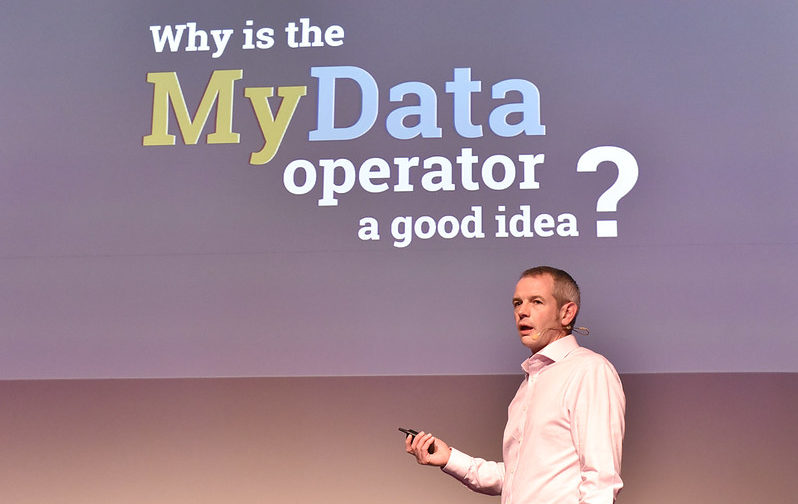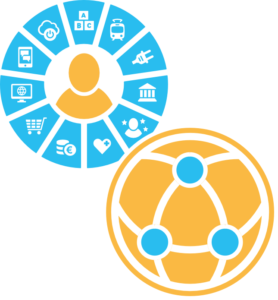Press release: MyData takes an important step towards open personal data ecosystems
MyData Global
29 April 2020
Helsinki, Finland
 Press release: MyData takes an important step towards open personal data ecosystems
Press release: MyData takes an important step towards open personal data ecosystems
Today, MyData Global nonprofit, published its paper Understanding MyData Operators as a foundation for a roadmap towards a human-centric personal data infrastructure. In a collaborative effort of 34 experts and supported by 48 personal data operators from 15 countries, a joint starting point for interoperability was established. Following up on the MyData vision published in 2015, MyData operators enable sharing of personal data across services where the use of data is transparent and controlled by individuals. As providers of infrastructure for personal data management, they are the key party in creating sustainable ecosystems for fair and ethical use of personal data.
The need for a human-centric data economy is evident: fighting and understanding the impact of COVID19 in a privacy-preserving way, and creating better public and private services are just some of the examples. The paper creates a common language, leading to a better understanding of the field and the roles different actors can take. From there, it defines minimum interoperability requirements and emphasises the need for governance.
“We are really proud that MyData Global has facilitated this landmark paper”, says Teemu Ropponen, general manager of MyData Global. “Operator organisations worldwide have joined on a common journey towards interoperable infrastructure for using personal data across digital services. These operators commit to working in a way that not only puts the rights of the individual in the centre, but also sets them on a collective path to build ecosystems that work for people. The MyData operator philosophy is very much aligned with the recently published EU data strategy, which emphasises the rights of individuals in these developing infrastructures.”
Joss Langford, lead editor of the paper adds: “We have gone through a robust and creative process of more than 12 months to bring together experts, critics and service providers. The combination of workshops in different places in the world, followed by intense online collaboration in the last few months, allowed us all to contribute to an insightful paper and have it supported by personal data operators worldwide. The paper provides, for the first time, a comprehensive and united approach to promote transparency and innovation in the design of personal data services. This truly is a milestone for human-centric data sharing, use and management.”
From here on, the MyData Operators Thematic Group will take the next steps to keep the operators and network connected. MyData Global will continue to host and mobilise this gathering of organisations and thought leadership working towards interoperability, both in technology, governance as well as human-centric business models. As the personal data ecosystems and infrastructure building matures, the group will build further common governance practices and interoperability guidelines.
To download the paper now and see updates in the future from this community visit: mydata.org/operators/
For more information contact:
Teemu Ropponen
General manager, MyData Global
teemu.ropponen(at)mydata.org
@troppone
Joss Langford
Lead editor, MyData Operators Thematic Group
joss(at)coelition.org
@data2life
About MyData Global:
MyData Global is an award-winning international nonprofit. The purpose of MyData Global is to empower individuals by improving their right to self-determination regarding their personal data. MyData Global has nearly 90 organisation members and over 600 individual members across industries, and from over 50 countries, on six continents. The nonprofit facilitates the MyData community of several thousand personal data experts and enthusiasts.
MyData is described in the recently published EU data strategy as a promising initiative for empowering citizens through exercising their digital rights.
All the “proto-operators” featured in the paper



 Press release: MyData takes an important step towards open personal data ecosystems
Press release: MyData takes an important step towards open personal data ecosystems